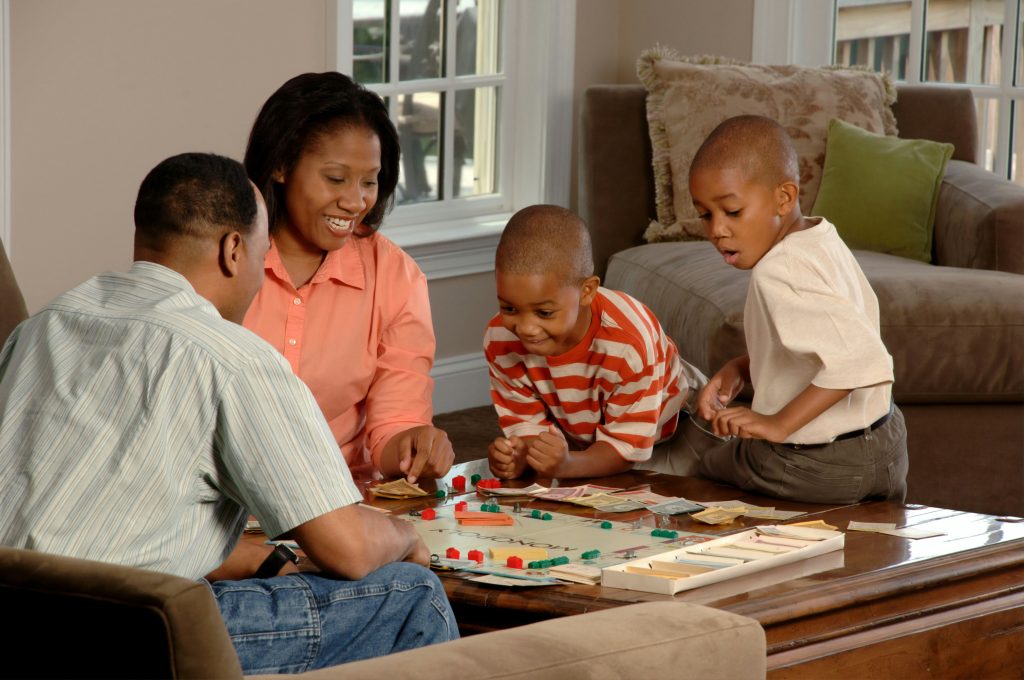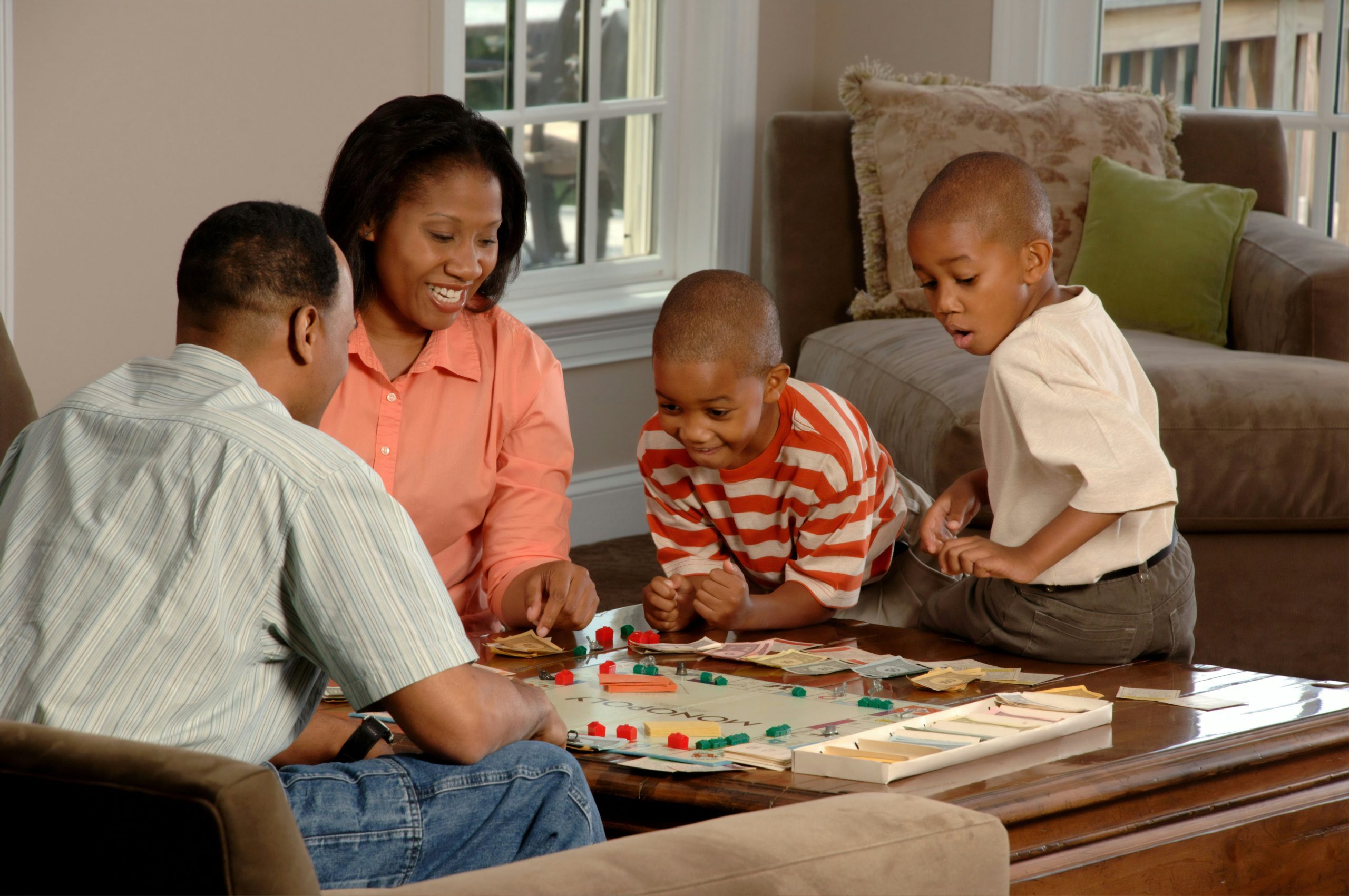How to Help Neurotypical Children Understand and Support Their Neurodivergent Sibling

In 2020, a mother named Teisha Glover shared a brave story. Her son Nicholas, then 16, wrote a book called ‘Davis Speaks: A Brother with Autism’. He shared what it is like to grow up with his brother Davis, who has autism https://sparkforautism.org
Nicholas said his world changed the day his brother arrived. He felt proud and protective. He also felt confused. At school, at friends’ houses, he never knew how to explain why Davis did things differently.
His mother helped, and encouraged Nicholas to write about his feelings. She talked to him openly. Eventually, Nicholas found his voice. He became an advocate. He became a hero for his brother and for himself.
If you’re raising a neurodivergent child and have neurotypical children, that story might sound familiar. You know the mix. The love, confusion, and the guilt feelings.
You ask yourself:
How do I help my neurotypical children support and truly understand their neurodivergent siblings?
Why Your Role Makes a Big Difference
Your neurotypical child isn’t just a bystander. They grow alongside. They learn empathy, and carry the family story forward.
Yet without help, they can feel lost. They worry, and feel unseen.
Your role is powerful. You’re the guide of your neurotypical children to understand and support their neurodivergent sibling. Your words in addition will shape their hearts and actions.
These are 4 Ways to Guide Your Neurotypical Children
- Tell the Story Together: Use tools like Davis Speaks. Read it together. Talk about how Nicholas felt proud, confused, and brave. Show your children that mixed feelings are okay.
- Give Age-Appropriate Info: Explain autism or Down syndrome clearly. Tell them what it means. Let them ask questions. This strategy builds trust and understanding. Emily Holl of the Sibling Support Project says honest info helps kids feel safe.
- Create One-on-One Time: Schedule special moments with each child. It could be 15 quiet minutes before bed, a walk, or a puzzle. These times show your neurotypical child, “You matter, and we are on this journey together.”
- Empower Their Role: You can give your neurotypical child small, age-appropriate responsibilities, like handing over items during therapy, or helping with simple routines. Praise their efforts and remind them that their support brings comfort, kindness, and connection to the family. Let them know they’re making a big difference by helping you.
What You Will See as a Change

Photo by Efe
Confident children who know their roles matter. They exhibit more empathy and understanding at school, home, and with friends. They develop stronger sibling bonds, built on respect and care.
When you do this, you’re not only helping two children but also you’re building a family that grows in empathy and strength.
Hear what a renowned therapist has to say
According to Dr. Stephanie Stoll, a well-respected child psychologist, siblings of children with special needs or neurodiversity often experience “mixed feelings of love, worry, and even resentment”, but can also develop compassion, patience, and loyalty when their emotions are supported and validated. http://birminghamparent.com
This blog highlights both the emotional challenges and growth opportunities for neurotypical children and neurodivergent siblings, and families. It reinforces why guiding them matters.
Let your neurotypical children know, being a sibling to a neurodivergent child means learning and growing together.
Special notes:
Neurodivergent refers to children whose brain functions differ from what is considered typical. This includes people with conditions such as autism, ADHD, dyslexia, dyspraxia, and other neurological differences.
Neurotypical describes children whose brain development and functioning are considered typical or standard in society.
Do you know of another way to guide a neurotypical child in supporting their neurodivergent sibling? Kindly share with us in the comment section.



